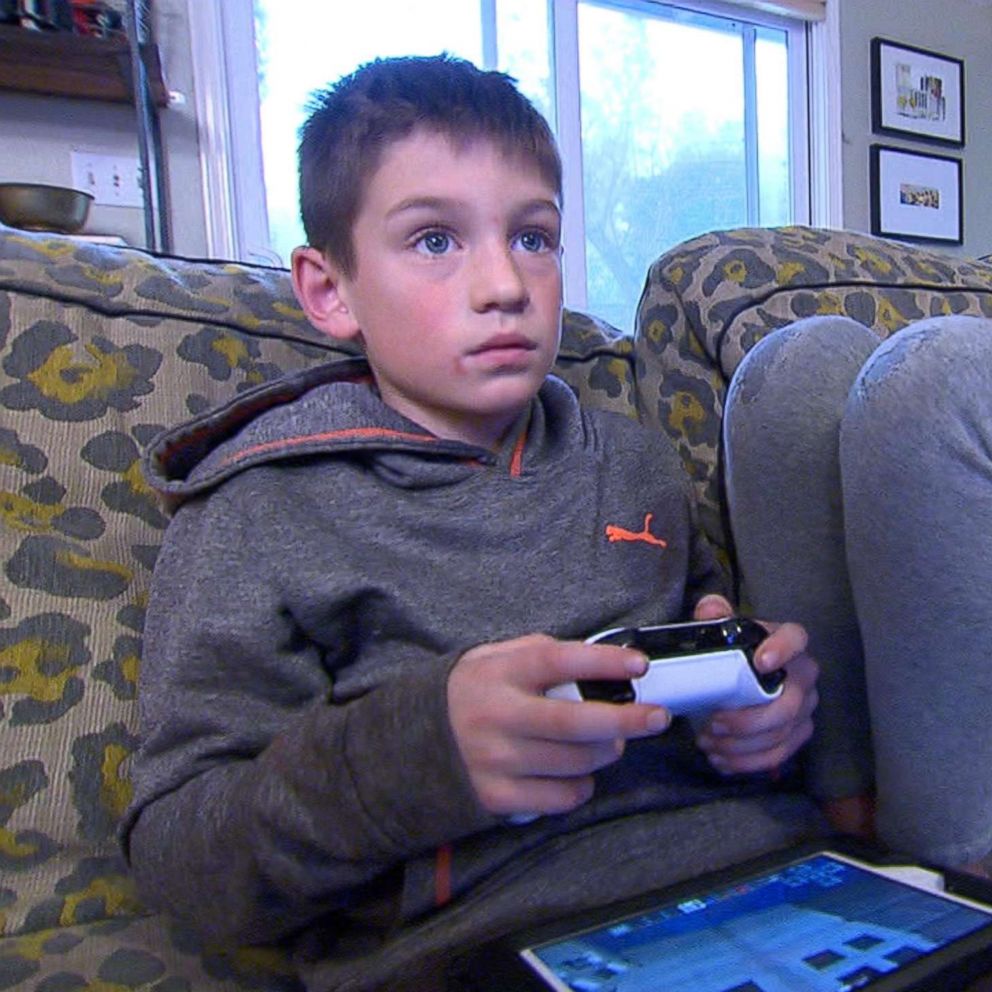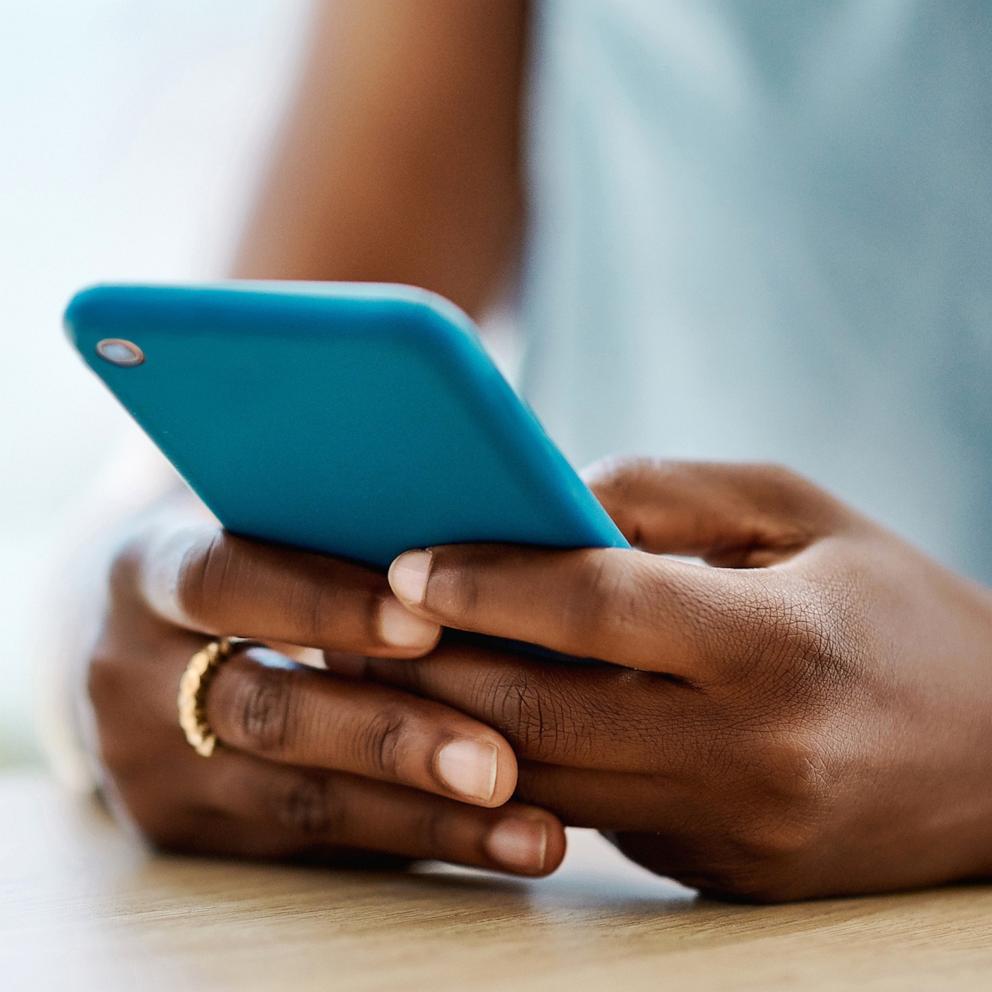Like many moms, Stephany Faublas has relied on an iPad at times to keep her daughter occupied.
But this summer, Faublas realized her 5-year-old Cadence was using her iPad for up to two hours every day, and to Faublas, it felt like too much time for her daughter to spend behind a screen.
The 34-year-old mom said she also noticed behavioral changes in her daughter after she used the tablet for an extended period of time.

"I've been noticing the week prior that we were butting heads a lot," Faublas told "Good Morning America." "I was noticing her ability to listen to the full direction was not there or was decreasing. Her patience was decreasing [and] so was mine."
So earlier this July, the 34-year-old mom kicked off a "no iPad" challenge with her daughter to cut back on how much the rising first grader was using a screen.
Instead of playing a virtual game or watching a video for two hours, Cadence now practices writing alphabet letters and reading, and her mom hopes to encourage more free play activities too.

"When we decrease the iPad screen time, I noticed those behaviors went away immediately," the mom of one said of her daughter's new routine. "Her ability to have a little bit more patience was there. I also felt like her emotional responses were also much more tempered."
A new report published July 12 in JAMA Network Open also supports the idea that placing screen time limits is beneficial. A short-term reduction in screen time in families positively impacted kids' and teens' mental health and behavior and resulted in more positive social interactions, the report showed.
"I was shocked that she wasn't upset at all, like she was ready to go, hit the ground running on day one, really, which is what prompted me to film it," Faublas said. "I wanted to record to just make sure if the next day was something different, [then I could remind her], 'Oh, you really liked this. … We can have a lot of fun doing this and learning can be really great."

The American Academy of Pediatrics recommends limiting screen time for children and doesn't recommend any screen time for babies and toddlers under 2. For children between the ages of 2 and 5, the pediatricians group recommends they not use screens for more than one hour per day, while kids older than 5 shouldn't spend more than two hours in front of a screen each day outside of screen time for school or academics.
Dr. Neha Chaudhary, a child and adolescent psychiatrist at Massachusetts General Hospital and Harvard Medical School and chief medical officer at Modern Health, told "GMA" parents and caregivers should pay attention to whether kids might need a break from screens.
"A clear sign that your child could use a break from screen time is if they can't seem to put their screens down, even when they are doing something they typically enjoy or when it's otherwise getting in the way of their everyday lives," Chaudhary explained.
If parents think their children could benefit from time away from screens, Chaudhary said the first step is to start a conversation about screen use and make a family media plan, as recommended by the AAP.
"Talk about it and create some shared family rules," Chaudhary said. "The next thing parents can do is to model it and follow the rules themselves ... as long as it's done consistently, there's a good chance your kids will eventually get into the habit that you're trying to encourage, even if it's difficult at first."
"Once they start experiencing the benefit themselves, like the extra bonding experiences they get to have with you … they eventually will realize that putting screens away is worth it for them," Chaudhary continued. "That should build internal motivation to replicate those screen breaks, one day maybe even without your reminders."
Faublas said she also tries to put down her own phone during Cadence's two-hour "no iPad" breaks and recommends other parents try what works best for them and their children.
"I wanted to model as well what I'm asking her to do, because it is difficult, whether you're 5 or 34, it is hard to put down the screen," she said.
"It might not be complete cut off, but maybe on Mondays, we have less screen time," she added. "And then the rest of the week, do what you will with it ... keep it interesting as much as you can, and to do that, it's [good to] plan ahead."







